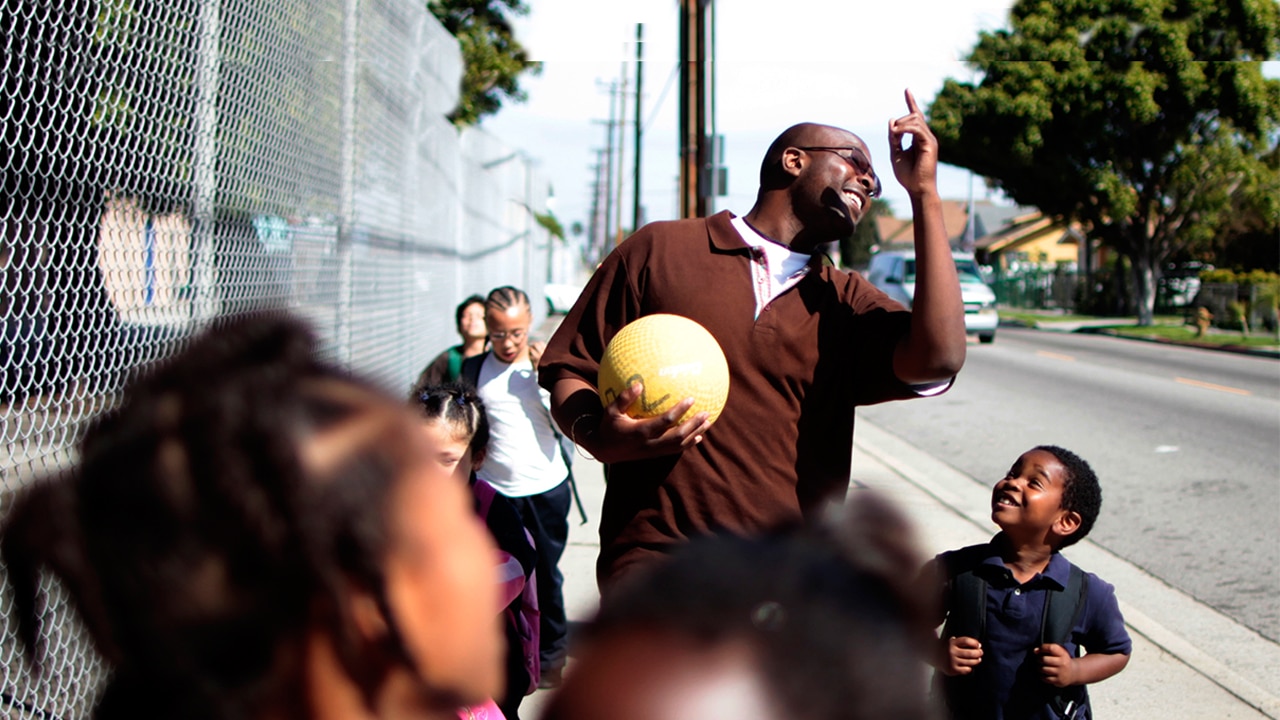
Social Policy
What should government’s role be in strengthening the social fabric of a society? How do politics affect social policymaking?
Latest Article

Treat Family Child Care Providers Like the Small Businesses They Are
"Despite their critical importance in Massachusetts’ mixed-delivery system for early childhood care, most of these family child care providers earn less than minimum wage.[iv] At the same time, early education and care costs in Massachusetts are among the highest in the nation."Explore all Articles
filter by–Region
filter by–Country
search by–Keyword
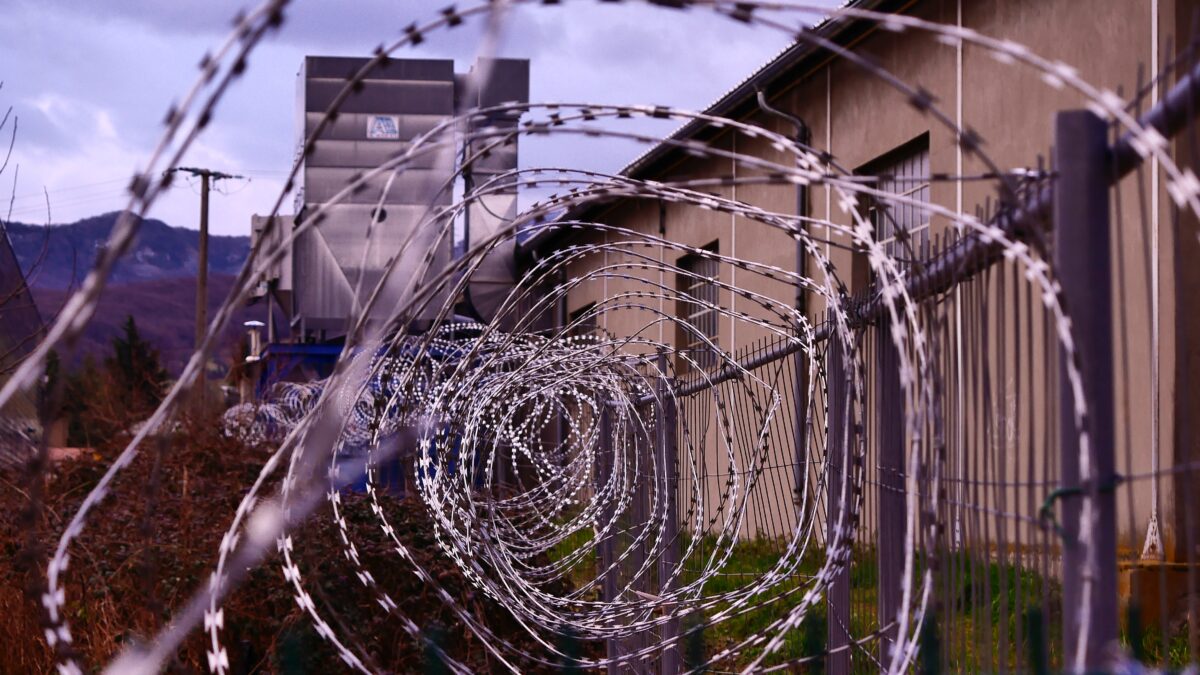
Never Going Back: An Evidence-Based Approach to Reducing Recidivism
09.4.19
In the current political climate, bipartisan consensus on social policy is rare. One shared priority between progressives and conservatives, however, is reducing recidivism in the criminal justice system. This bipartisan consensus has led to many local, state and federal agencies investing in a variety of anti-recidivism programs in recent years. Common programs in the U.S. […]
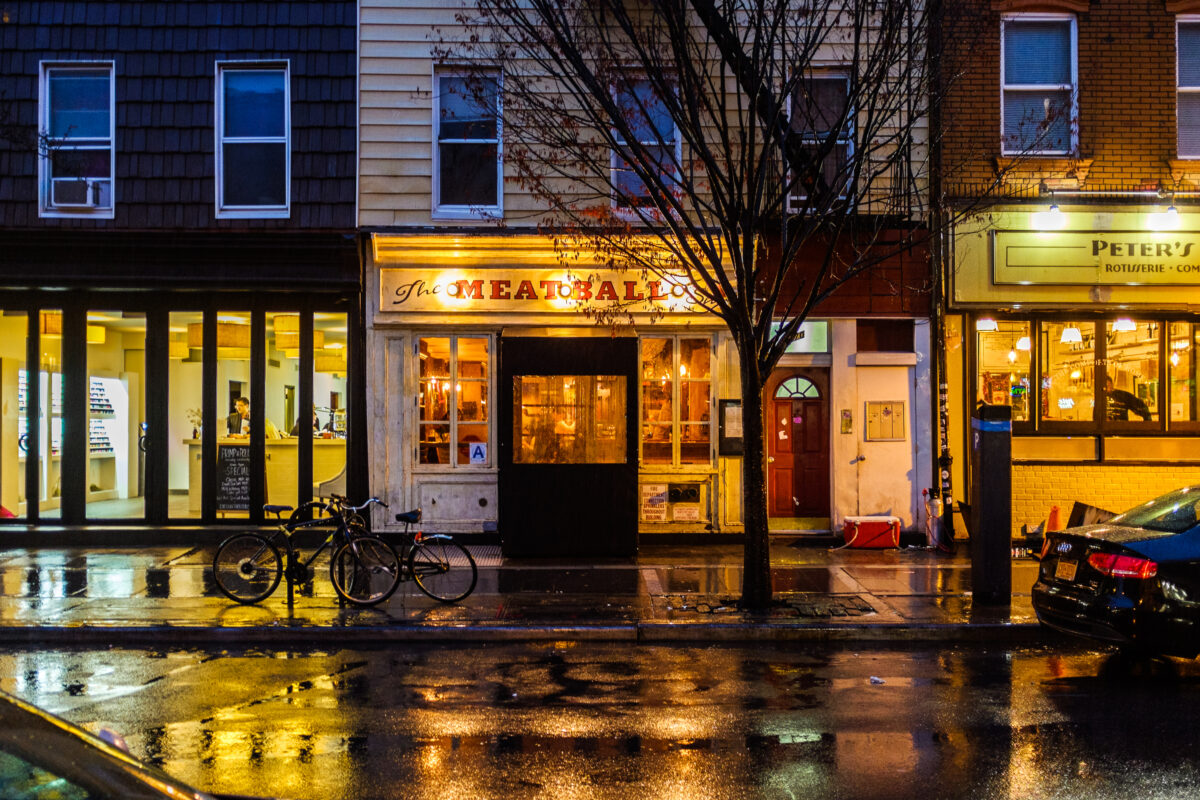
Gentrification Without Displacement? A Cautionary Tale from Brooklyn to Detroit
07.22.19
On my first day home for the holidays this past December, my family and I had only just finished lunch when my father headed out to a funeral for the matriarch of our local, family-run hardware store. In the Brooklyn neighborhood where I grew up, Leopoldi’s Hardware is one of the few shops that has […]

In South Korea, Being Drunk Is a Legal Defense for Rape
07.16.19
October 20, 2020 is a day that Na-Yeong and her family dread, and one that most South Koreans resent. It is the day the man who brutally raped 8-year-old Na-Yeong while drunk, leaving her with lifelong physical and mental disabilities, will be released from a prison in Pohang, South Korea. In 2008, Cho Doo-Soon was […]
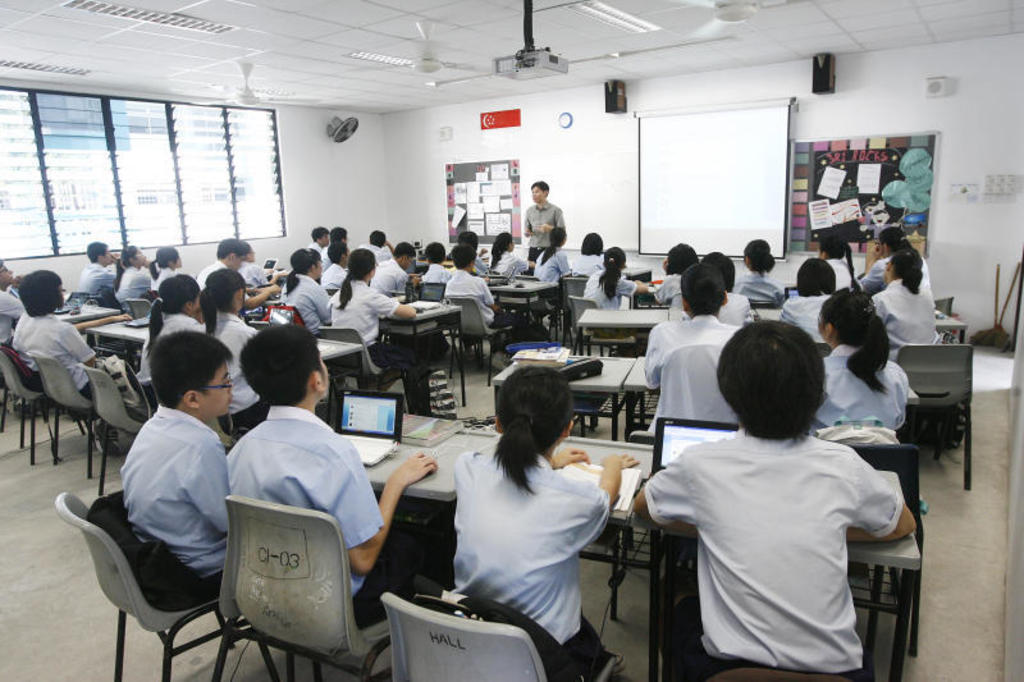
The Limitations of Subject-Based Banding: What About Single-Stream Schools?
06.11.19
Much of the debate on MOE’s recent moves to integrate schoolmates of different academic streams via Subject-Based Banding (SBB) has focused on whether SBB will be effective, or what the implementation of SBB will look like. However, one underdiscussed aspect of MOE’s policy change is its lack of impact on single-stream schools. Izzah Haziqah Haris explores why this is a problem, and potential policy options to deal with this issue.
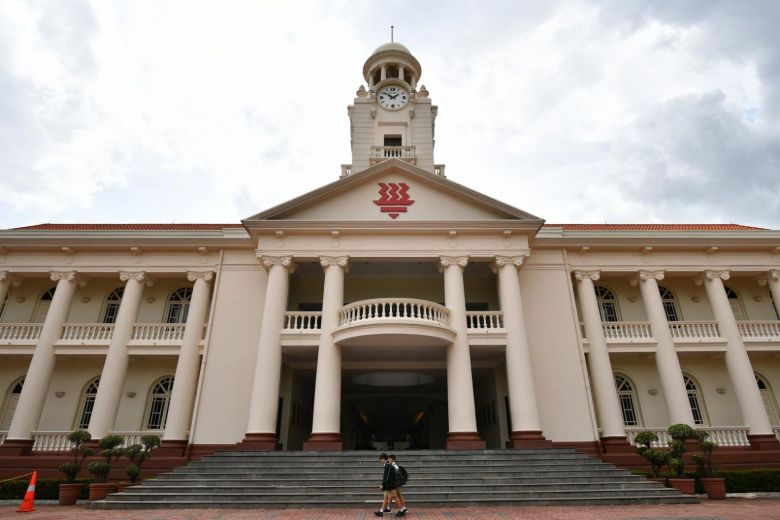
Should We Abolish SAP Schools?
06.4.19
Since 1979, the Special Assistance Plan (SAP) program has promoted the study of Chinese language and cultural values at 26 primary and secondary schools. By tracing the history of the program, Shaun Loh makes a case for why the SAP program in its current form is problematic, and argues that it should either be abolished or significantly reformed.
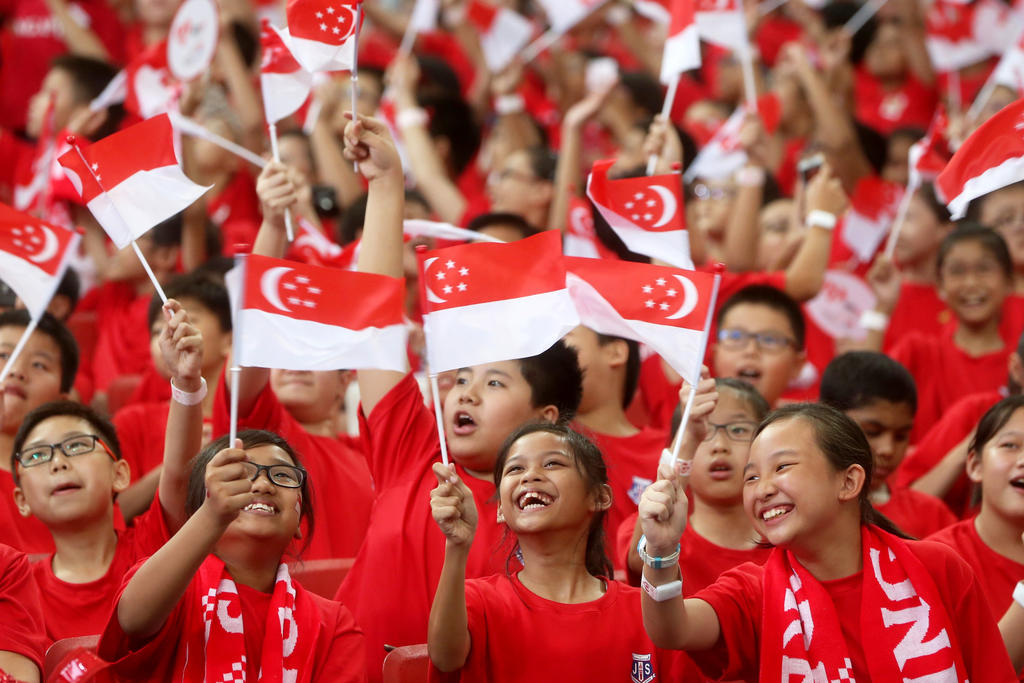
Mending our Meritocracy: Socioeconomic Affirmative Action in School Admissions?
03.24.19
Singapore’s growing class divide presents challenges to its espoused meritocratic ideals. Samantha Wong, Toh Wei Lun and Amelia Woo consider proposals akin to “affirmative action” – namely the use of quotas and nominations in school admissions – to address educational and consequently socioeconomic disparities.
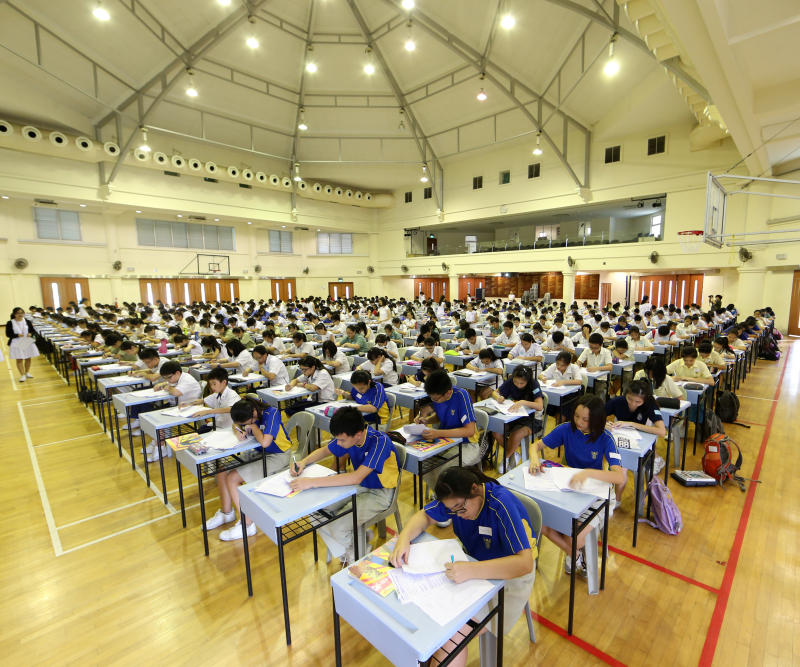
Letter: Subject-Based Banding is Not the Escalator We’re Looking For
03.20.19
On the topic of subject-based banding, Andrew Chia responds to Lionel Oh’s Op-Ed by laying out potential practical difficulties in overhauling the existing streaming system, showing how these obstacles could undermine the effectiveness of such a change.

Moving Beyond Streaming: Will Subject-Based Banding Work?
03.8.19
Singapore plans to replace streaming in secondary schools with subject-based banding by 2024. Lionel Oh explores how this banding could be implemented in a flexible yet substantive way that best captures the spirit of the policy intent, so that it does not simply become yet another form of educational stratification.
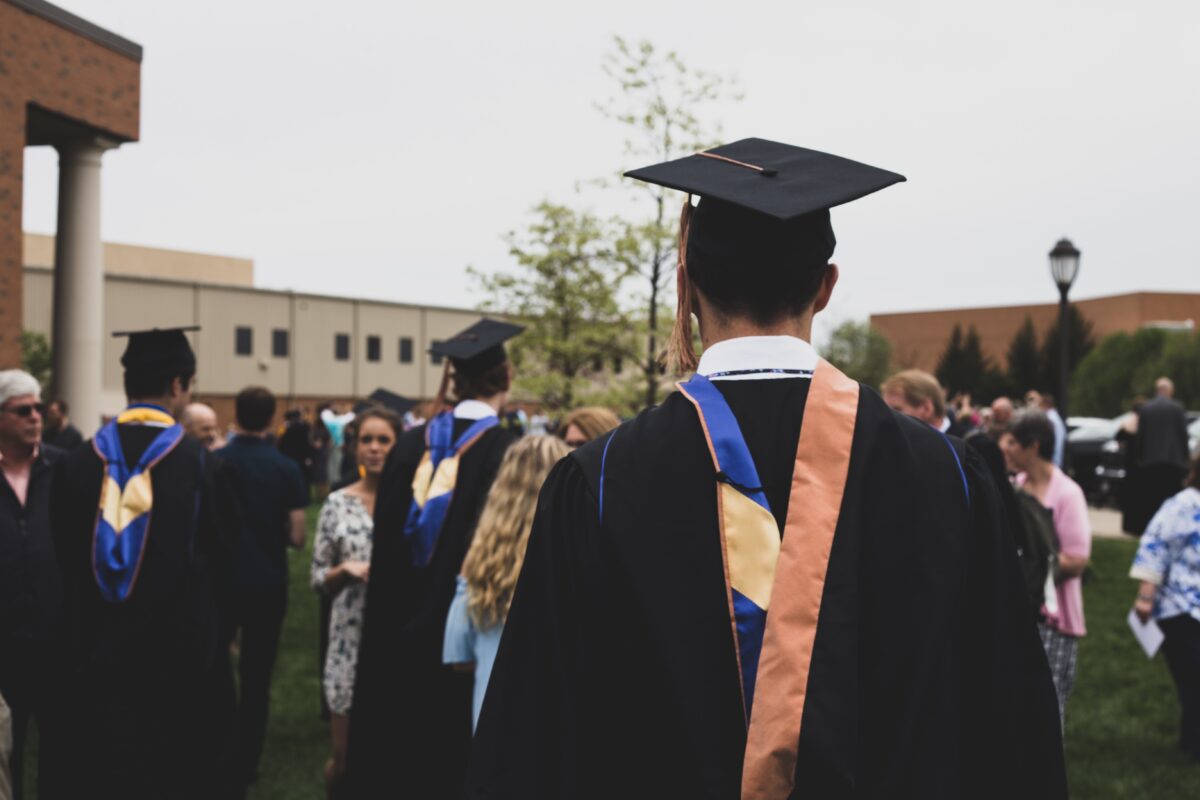
Fostering ‘mentalship’ among young male students of color
02.21.19
BY DENNIS FUNES “Students like YOU end up working rather than going to college.” As a young male of color at a middle school in the Los Angeles School District, a teacher had already predicted my future, or so he thought. Fortunately, I had positive role models, such as my father and my Algebra teacher, […]

Love, Labour, and Loss: Decoding the ‘Migrant Worker’
02.20.19
‘Migrant workers’ is the typical term used to describe migrants who work in Singapore. But they are far more than just workers defined by their labour. Theophilus Kwek argues that we should move beyond the simple trope of ‘migrant workers’ in our discourse on migrant issues, as a first step to seeing them as people whose lives are just as full and fraught as our own, and treating them accordingly.
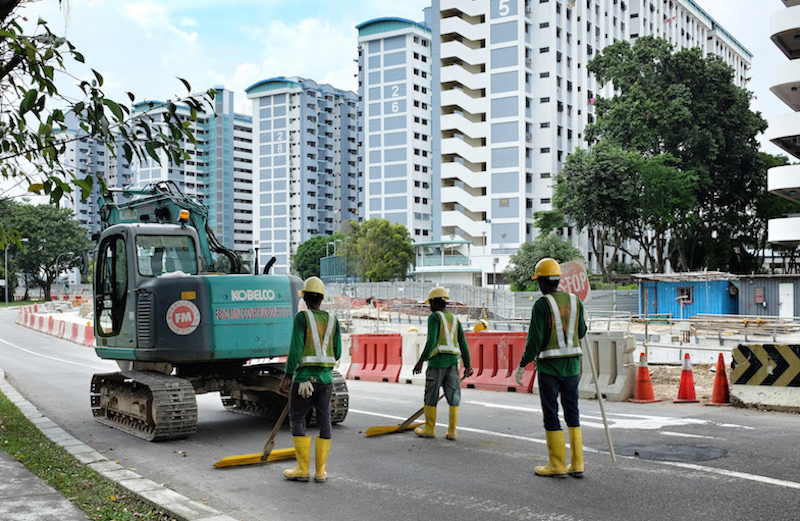
A Migrant Worker’s Perspective: The Issues We Face
02.18.19
Migrant workers are all too often shut out from avenues to express their issues and concerns for public discussion. In this op-ed, Zakir Hossain Khokan tells us about the issues he has faced as a migrant working in Singapore, and what solutions might look like.
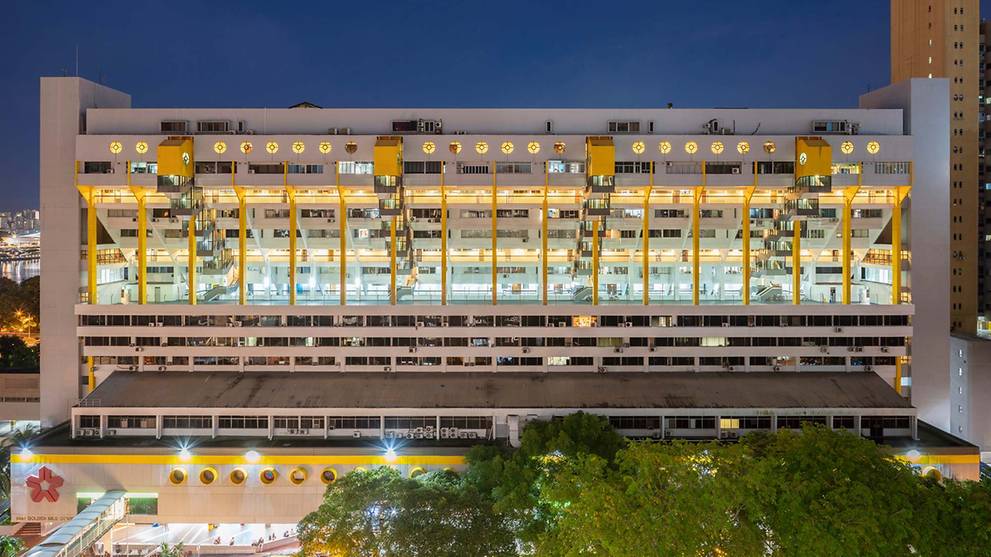
Golden Mile Complex: Not Just Another Space
02.14.19
Golden Mile Complex is a Brutalist building facing potential demolition after its owners agreed to a collective sale attempt – much to the dismay of many in Singapore. Most news coverage, however, focuses on its architectural importance to Singapore’s heritage. But it plays an important social role, too, for Thai migrants. In this long-form research paper, Al Lim explores Golden Mile, and investigates the effect of its potential destruction on the Thai migrant community in Singapore.